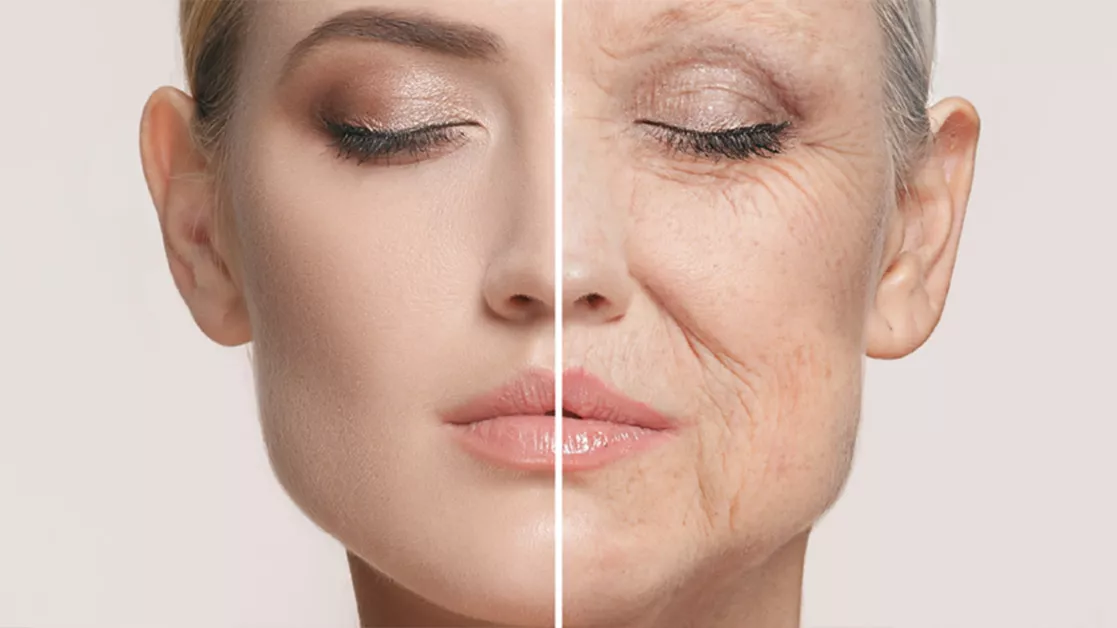Beyond sun protection
As global warming accelerates, sun care will play an even greater role in our daily routine.
Hydration

Sunscreens play a crucial role in skincare, offering an array of benefits that go beyond simple protection from the sun’s harmful rays. Hydration is a major claim that you might see on sunscreens, ensuring the skin stays supple and nourished even in harsh environmental conditions. Consider Emulium® Dolcea MB to improve moisturization upon application, while being very robust in formulas, making formulators' work easier.
Anti-ageing

In addition to promoting hydration, sunscreens also possess powerful anti-aging properties. They combat oxidative stress, a major factor in premature aging, by neutralizing free radicals that can damage skin cells. By doing so, sunscreens contribute to a more youthful appearance and can help reduce the appearance of fine lines and wrinkles over time. Consider Solastemis™ for added protection against DNA damage and photo-aging in your sunscreen. It does not increase SPF but complements sunscreen perfectly.
Anti-acne

Another significant benefit of sunscreens is their effectiveness in combating acne. Overexposure to the elements, such as the sun, sand, chlorine, and seawater, can disrupt the skin’s balance and exacerbate acne-prone conditions. Consider using Cytobiol™ Iris A² in your acne-safe suncare as it helps to combat current blemishes and minimizes the visibility of pores. Additionally, it is colorless when used in a formula and water-soluble.
Microbiome-friendly

Moreover, the skin’s microbiome, a delicate ecosystem of beneficial bacteria, plays a critical role in maintaining overall skin health. Some sunscreens are specially formulated to preserve the natural balance of the skin’s microbiome, ensuring the presence of essential bacterial cells that act as a protective barrier against harmful pathogens. If you’re creating an O/W sunscreen, consider using Emulium® Mellifera MB as your emulsifier. This microbiome-friendly option works well with both organic and inorganic filters. However, if you’re aiming for SPF 15 or higher, it’s recommended to use an anionic co-emulsifier.
Anti-pollution

As part of the growing trend toward environmentally friendly and sustainable skincare, many sunscreens now incorporate organic and natural ingredients. These may include virgin soybean oil, raspberry seed oil, and extracts like Pongamia, red algae, and green micro-algae rich in astaxanthin – all potent antioxidants that combat environmental stressors and protect the skin from pollution-induced damage. Emulium® Dermolea MB is a great O/W emulsifier for enhancing anti-pollution properties in your SPF. It works with both mineral and chemical filters, allowing you to create an emulsion with up to 25% zinc oxide or 5% titanium dioxide. Use a co-emulsifier with a high HLB value for best results with zinc oxide.
After-sun repair

After-sun care is also essential for soothing and rejuvenating the skin after a day in the sun. After-sun oils with high organic content, such as apricot and sunflower oils combined with calendula extract, work to nourish and repair the skin, promoting a faster recovery and maintaining a healthy radiant complexion. You may want to include Gatuline® Skin-Repair AF in your after-sun products. This ingredient promotes optimal reconstruction of damaged skin and restores the skin’s barrier function, leading to improved moisturization and protection.
In conclusion, modern sunscreens have evolved into multi-functional skincare that offers hydration, anti-aging benefits, acne prevention, and microbiome preservation, making them indispensable tools for achieving and maintaining healthy, youthful skin. With the rising focus on natural ingredients and sustainable practices, sunscreens continue to be at the forefront of innovation in the beauty and skincare industry.


